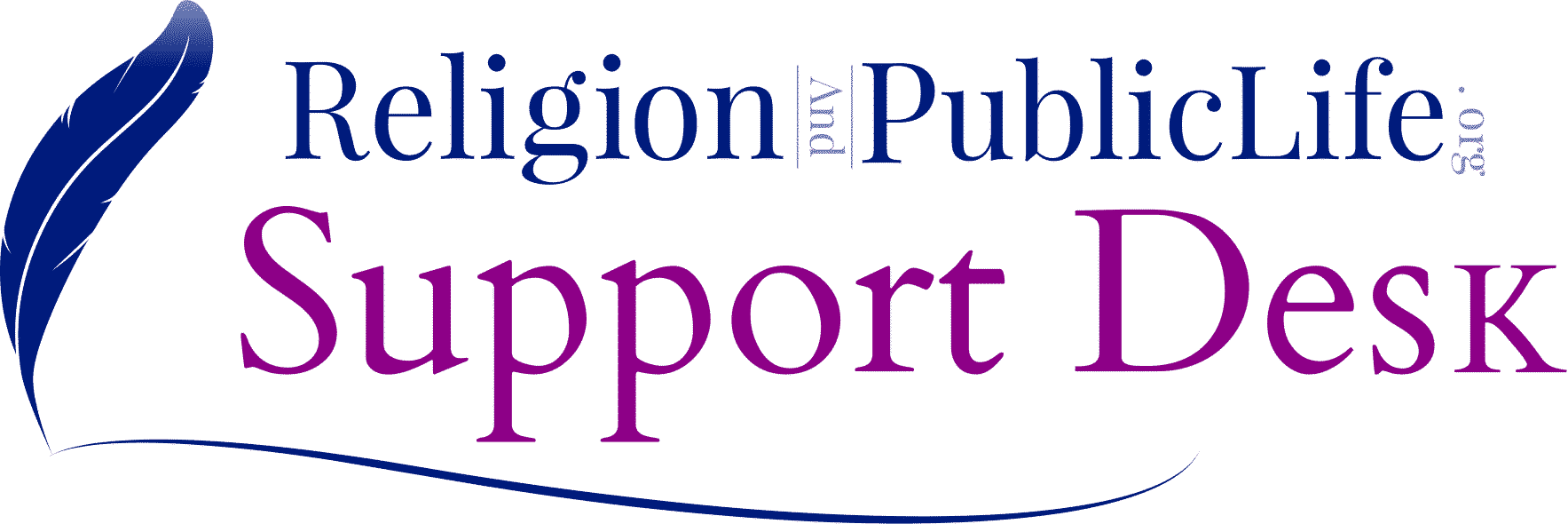Constitutional Frameworks
The Principles of Free Exercise and No Establishment
The courses presented at ReligionAndPublicLife.com rest on the understanding that the First Amendment to the United States Constitution (ratified in 1791) makes inseparable two principles for the one right to religious freedom: The principles of no establishment and free exercise of religion. The text reads, “Congress shall make no law respecting an establishment of religion, or prohibiting the free exercise thereof.”
The history of religious liberty in the United States reveals that officials at all levels of government have struggled to balance these legal touchstones. This struggle is reasonable given the profound challenge the Constitution presents to its leaders. The free exercise principle serves as a constitutional platform to uplift the fundamental and inalienable right to liberty of conscience for individuals and for groups, while the principle of no establishment shields this liberty from state interference.
The courses at ReligionAndPublicLife.org assume that the Free Exercise Clause is an affirmation of a person’s right to religious liberty, and the Establishment Clause is a limitation on the government’s power to regulate religion.
The Principle of Equal Protection Under the Law
The incorporation of these Religion Clauses to the States occurred through the State’s ratification of the Fourteenth Amendment after the Civil War in 1868. The U.S. Supreme Court applied to all states the religion clauses of the First Amendment in two landmark decisions in 19404 and 1947.
The incorporation of federal and state laws was made possible by the Fourteenth Amendment, which proclaims that “No state shall . . . deprive any person of life, liberty, or property, without due process of law; nor deny to any person within its jurisdiction the equal protection of the laws.” These are considered the Due Process and Equal Protection Clauses of the Fourteenth Amendment.
The curriculum presented at ReligionAndPublicLife.com assumes that these four legal principles––Free Exercise, No Establishment, Equal Protection, and Due Process––are interlocking, inseparable rights protecting people of all religions and none.
Reference: Nathan C. Walker, The First Amendment and State Bans on Teachers’ Religious Garb. New York: Routledge, 2019.
Nate Walker is the author of this solution article.
Did you find it helpful? Yes No




